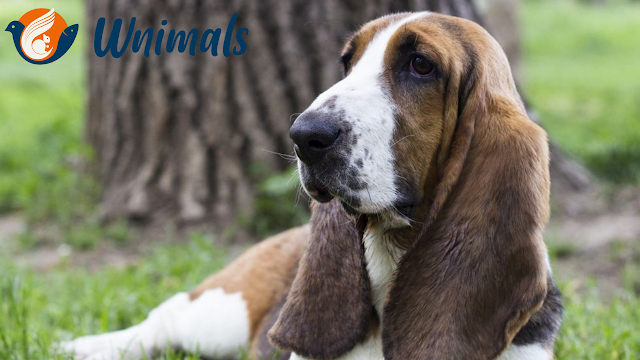Pet Care: Essential Tips for Taking Better Care of Your Pet
 |
| The ultimate guide to pet care: tips and tricks | Pet Guide |
Introduction to Pet Care
Taking better care of your pet involves more than just providing food and shelter—it’s about ensuring their health, happiness, and overall well-being. As a responsible pet owner, you play an essential role in your pet’s life, and with the right care, your furry companion can enjoy a long, fulfilling life. This guide covers everything you need to know about pet care, including nutrition, exercise, grooming, and creating a stimulating environment.
Understanding Your Pet’s Needs
The key to providing excellent pet care is understanding the specific needs of your pet. Every species, breed, and even individual pet has different requirements. Whether you own a dog, cat, bird, reptile, or another pet, knowing their unique needs is crucial for their wellbeing.
- Species-Specific Needs
Different species have different care requirements. For example, dogs need regular walks and socialization, while cats prefer a quiet place to rest. Birds need room to fly, and reptiles need a special habitat for basking. Tailoring your pet care to their species ensures their health and happiness. - Breed-Specific Needs
Within each species, specific breeds may have different care requirements. Large dogs often need more exercise than smaller breeds, while some cat breeds are more prone to health issues. Understanding your pet’s breed helps you meet their unique needs. - Individual Preferences
Beyond species and breed, each pet has its own personality. Some pets are active and playful, while others are calm and reserved. Paying attention to their behavior and preferences allows you to better cater to their needs and strengthen your bond.
Essential Pet Care Practices
Proper grooming and regular care are essential to your pet’s health. Here are some key practices for taking better care of your pet:
- Nutrition and Diet
Just like humans, pets need a balanced, nutritious diet. Consult your vet to determine the best food for your pet’s breed, age, and activity level. Ensure they receive the necessary vitamins and nutrients for optimal health. Be mindful of portion sizes and avoid overfeeding, as obesity can lead to various health problems. - Exercise and Play
Regular exercise is critical for your pet’s physical and mental health. Dogs benefit from daily walks, runs, or playtime in the park, while cats enjoy interactive play sessions with toys. Birds need to flap their wings and engage in physical activity, and reptiles require specific environments to exercise. Regular play and physical activity help maintain a healthy weight and provide mental stimulation. - Grooming and Hygiene
Regular grooming is important for maintaining a clean and healthy pet. Brushing your pet’s coat, trimming nails, and cleaning ears are essential components of hygiene. Bathing should be done according to your pet’s specific needs. Proper grooming not only keeps your pet clean but also helps prevent skin conditions and other health problems. - Veterinary Care
Routine veterinary visits are vital for keeping your pet healthy. Annual check-ups help detect potential issues early, while vaccinations protect your pet from common diseases. Your vet will also provide guidance on flea and tick prevention, dental care, and other important health matters. - Training and Socialization
Early training and socialization are essential to raising a well-adjusted pet. Teaching basic commands and exposing your pet to new people, animals, and environments builds confidence and social skills. Socialization helps reduce the risk of behavioral issues and ensures that your pet behaves appropriately in various situations. - Creating a Safe and Stimulating Environment
Your pet’s environment plays a major role in their health. Make sure your pet’s home is safe and free from hazards. Provide comfortable bedding, suitable toys, and a designated eating area. Enrichment activities, like puzzle toys or interactive games, can help keep your pet mentally stimulated and prevent boredom.
Conclusion: The Importance of Pet Care
Pet care is an ongoing responsibility that requires attention to detail, love, and commitment. By understanding your pet’s needs, providing proper nutrition, regular exercise, grooming, and a safe environment, you are ensuring your pet’s happiness and health. Consult your veterinarian for personalized advice on your pet’s care, and enjoy the rewards of a happy, healthy pet.
